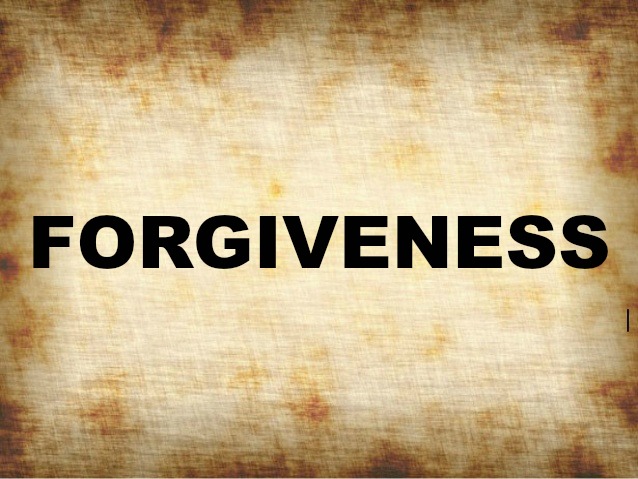Question
Dear Gramps,
In Doctrine & Covenants 42:24-26 and in 98:39-45 there appears to be some circumstances where we are commanded not to forgive those who have committed offenses against us. Talks, lessons, and articles about forgiving others never seem to mention these facts. Brigham Young and others of his time taught that we have an obligation to not forgive the un-repentant. What are your thoughts?
Jack
Answer
Dear Jack,
Were the unrepentant to be forgiven for their sins there would be no accountability. The Church of Jesus Christ of Latter-day Saints, i.e., the Kingdom of God on the earth, known by many as the Mormon Church, is the official arm of the God of Heaven to administer in the affairs of men. The officers and members of that Kingdom must act officially according to the law of God and administer justice to the members of the Kingdom who do not repent of their sins.
However, holding one accountable for his actions does not imply having a judgmental attitude toward others. We are commanded in the scriptures to be kindly affectioned one to another with brotherly love; in honour preferring one another (Rom 12:10).
The first scripture you refer to—
Thou shalt not commit adultery; and he that committeth adultery, and repenteth not, shall be cast out.
But he that has committed adultery and repents with all his heart, and forsaketh it, and doeth it no more, thou shalt forgive;
But if he doeth it again, he shall not be forgiven, but shall be cast out. (D&C 42:24-26)
gives commandments for all to be virtuous and chaste. But those who commit adultery and are unrepentant for what they have done have denied the faith and stand in bold defiance of the laws of God. If they cannot be convinced to repent of their sin and humbly petition the Lord for forgiveness, they will not be forgiven by those who preside over them representing the Lord to them, but shall be cast out. In other words, their membership and affiliation with God’s kingdom on the earth will be terminated. However, the individual members of the Church, again, are not to be judgmental. They are commanded to be kind, forgiving and to continue to entreat the person to repent and return to the Lord.
The second scripture that you site–
And again, verily I say unto you, if after thine enemy has come upon thee the first time, he repent and come unto thee praying thy forgiveness, thou shalt forgive him, and shalt hold it no more as a testimony against thine enemy–
And so on unto the second and third time; and as oft as thine enemy repenteth of the trespass wherewith he has trespassed against thee, thou shalt forgive him, until seventy times seven.
And if he trespass against thee and repent not the first time, nevertheless thou shalt forgive him.
And if he trespass against thee the second time, and repent not, nevertheless thou shalt forgive him.
And if he trespass against thee the third time, and repent not, thou shalt also forgive him.
But if he trespass against thee the fourth time thou shalt not forgive him, but shalt bring these testimonies before the Lord; and they shall not be blotted out until he repent and reward thee four-fold in all things wherewith he has trespassed against thee.
And if he do this, thou shalt forgive him with all thine heart; and if he do not this, I, the Lord, will avenge thee of thine enemy an hundred-fold (D&C 98:39-45).–
deals with wrongs dealt to the individual members of the Church and how they should be addressed. Again, if the person is repentant and asks for forgiveness for the wrongs that he has done, it doesn’t matter how many times–until seventy times seven–he is to be forgiven. Again, if the person is not repentant, he shall yet be forgiven three times by those he had wronged. After three such repetitions, the person wronged is justified in remanding him to the officers of the church for official disciplinary action . Paul gives appropriate council in Romans 12:16-21 on how we should treat those who offend us—
Be of the same mind one toward another. Mind not high things, but condescend to men of low estate. Be not wise in your own conceits.
Recompense to no man evil for evil. Provide things honest in the sight of all men.
If it be possible, as much as lieth in you, live peaceably with all men.
Dearly beloved, avenge not yourselves, but rather give place unto wrath: for it is written, Vengeance is mine; I will repay, saith the Lord.
Therefore if thine enemy hunger, feed him; if he thirst, give him drink: for in so doing thou shalt heap coals of fire on his head.
Be not overcome of evil, but overcome evil with good.
Gramps







